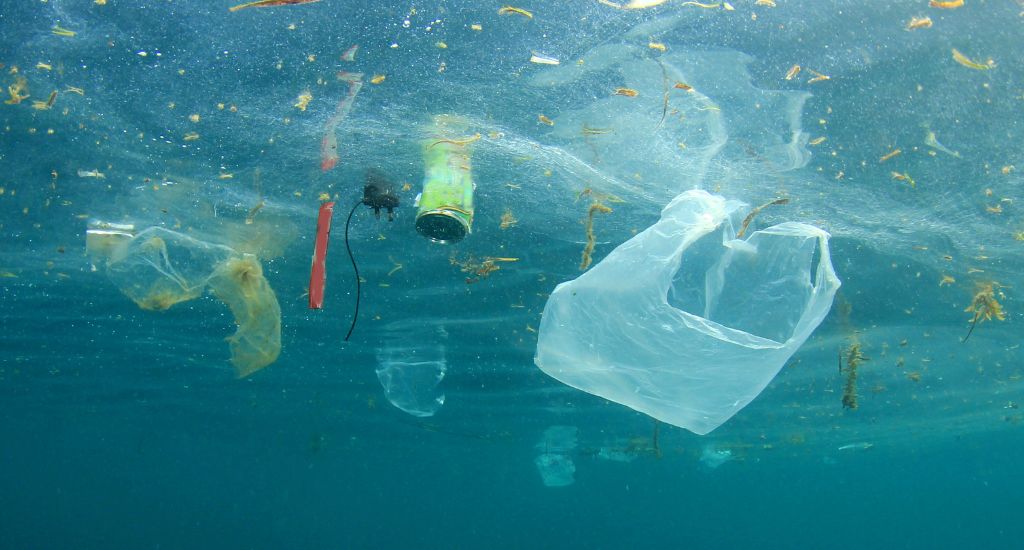
The menace called single-use plastic bag
Single-use plastic bags pose a serious threat to the environment. The issue can’t be resolved merely by focusing on the supply side and ignoring the demand from consumers.

Single-use plastic bags pose a serious threat to the environment. The issue can’t be resolved merely by focusing on the supply side and ignoring the demand from consumers.
“Can I have one more?,” asks a customer.
“Sure,” says the shopkeeper.
It has become a common sight to find a shop counter with neatly stacked single-use plastic bags. It’s astonishing how people can sometimes even overlook the items on their shopping list, yet never fail to request for an additional plastic bag from the shopkeeper.
Shopkeepers too habitually offer these bags to customers along with their purchased items. Personally, I have experienced numerous instances where the shopkeeper would directly place my purchases in a plastic bag without even asking for my preference.
It all began with the hope of seeing our country get free of plastic waste. As I started my journey with Waste Warriors, an NGO working on waste management, I understood how single-use plastics contribute to the overwhelming amount of unmanaged waste in our country.

In my role as a community mobiliser I am dedicated towards educating people about the importance of segregation of domestic waste and the avoidance of single-use plastic. However, during my interactions with various individuals I was both intrigued and disheartened to learn that though many of them are well aware of the detrimental effects of plastic bags on the environment, they don’t take significant steps to reduce their usage and choose to ignore the harmful effects of plastic.
I once got to know about a dairy near my house which was fined for using plastic bags. When I asked the shopkeeper about it, he told me that he wasn’t really worried and that there wasn’t much he could do about it. He said that he kept the polythene bags because customers ask for it and every other shop provides it too.
So while the government thinks fining shopkeepers will reduce the usage of plastic bags, it doesn’t realise that it’s the demand that shapes the market.
While interacting with people, I often bring up the topic of the use of plastic bags and what I often get to hear is, “We use it because the companies produce it.”
Consumers say that if the production of plastic bags is stopped, they would automatically stop using them. They don’t realise that the production and availability depends on the demand of the consumer.
The Waste Warriors’ team has started a campaign at Muni ki Reti in Uttarakhand to distribute 10,000 cloth bags in the community. The campaign was started on the International Plastic Bag Free Day on July 3 and so far over 2,500 bags have been distributed in the initial phase.

The bags are made of 100 percent cotton and carry a printed slogan that says, “Panni ka chhodo jhamela, saath rakho kapde ka thaila” (leave aside plastic bags and instead keep a cloth bag).
The ink used to write the slogan is made with organic material too, making the bag a fully sustainable product, starting from production to disposal. The campaign will encourage people to use sustainable alternatives to plastic bags.
While it is easy to blame the shopkeepers and manufacturers, the responsibility lies with each individual who chooses convenience over environmental well being. Efforts to change consumer mindset and promote sustainable alternatives such as cloth bags play a crucial role in combating plastic bag pollution.
By collectively embracing such initiatives we can pave the way for a greener and more sustainable future.
The lead image shows plastic waste floating in a water body. (Photo courtesy Canva)
Abhay Rawat works as senior executive, community engagement, at Waste Warriors.